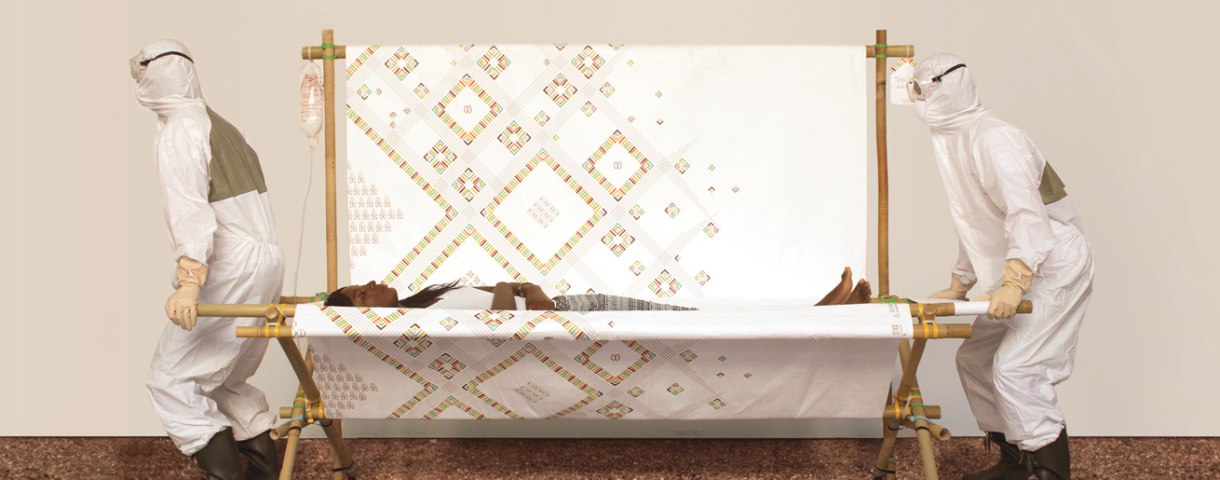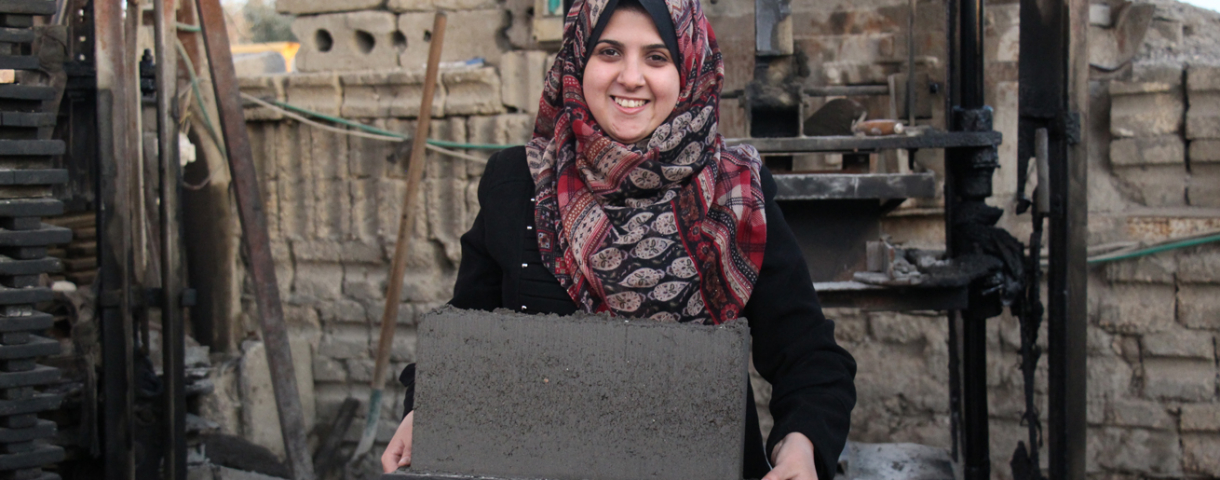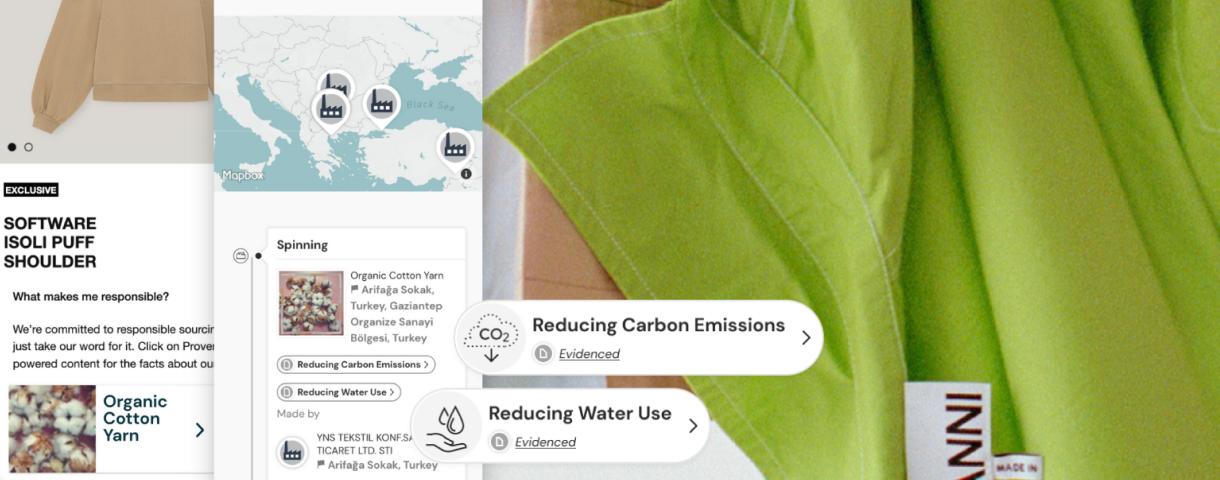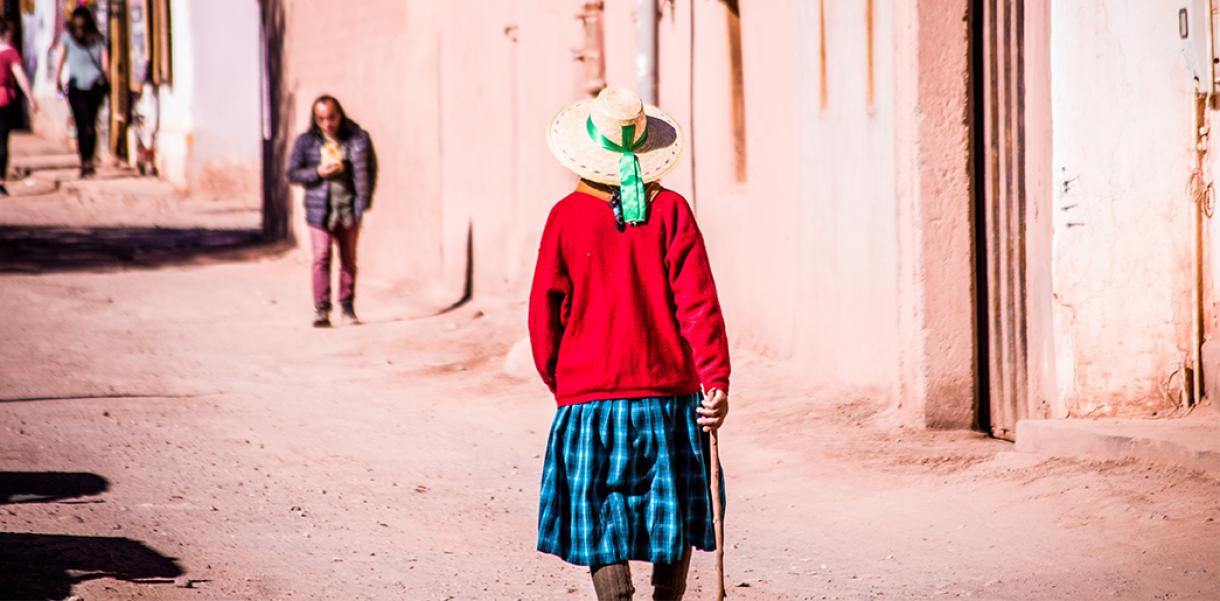During the height of the Ebola epidemic in Sierra Leone in 2014, treatment beds prevented an estimated 57,000 infections and about 40,000 deaths. But due to a lack of capacity, patients with other diseases couldn’t get the treatment they needed, since all beds in all hospitals were already crowded with Ebola patients. This situation caused an additional 10,623 deaths - not directly by the Ebola Virus - but by the healthcare system, which was overwhelmed by the outbreak.
Ubuntu is a quickly assembled containment bed made from with locally sourced bamboo, zip ties, and disposable sheets of Tyvek® functioning both as a mattress and as a barrier between beds. Using already manufactured materials which are lightweight and space efficient, health workers can bypass conventional local logistics, making Ubuntu a quicker, more cost-efficient, and above all more dignifying solution.
The impact of Ubuntu varies depending on the scale of the outbreak. The bed concept is aimed at helping health workers to contain patients in rural areas hit by an outbreak, so the outbreak can be controlled with the least mortality possible. It helps health workers save time for cleaning and transporting the patients, so they can focus more on caregiving with reduced risk of secondary contamination. Ubuntu is about a rapid capacity response, and in the future iterations will be made, enabling it to be used for e.g. disaster response and in refugee camps.




